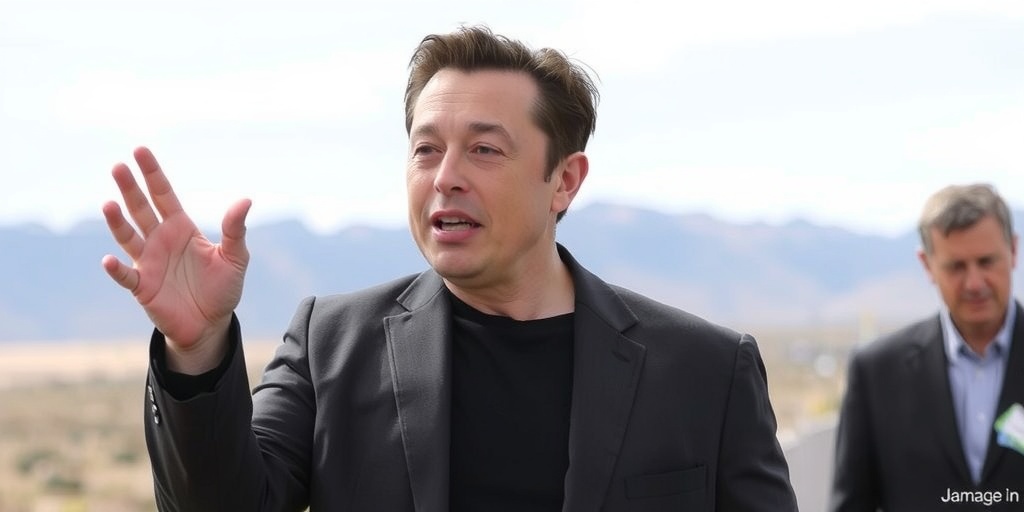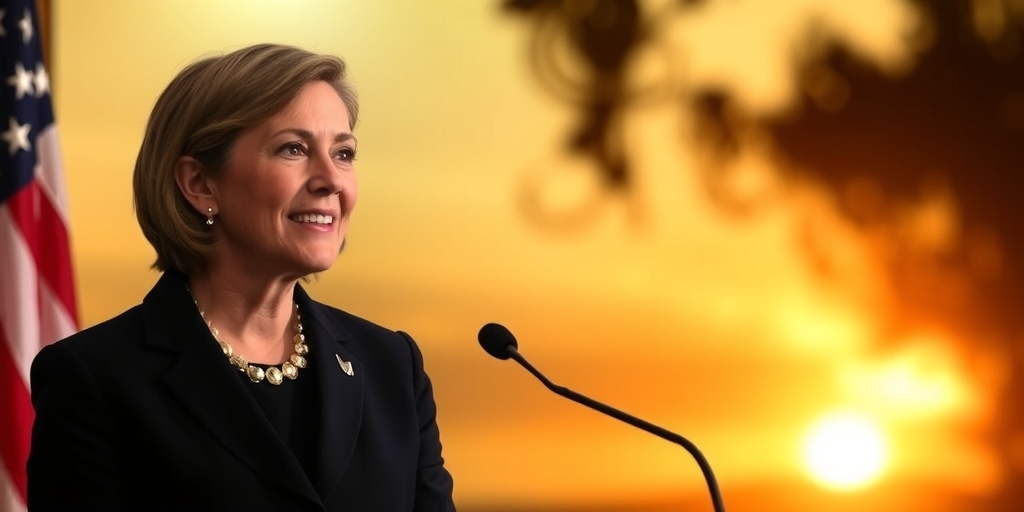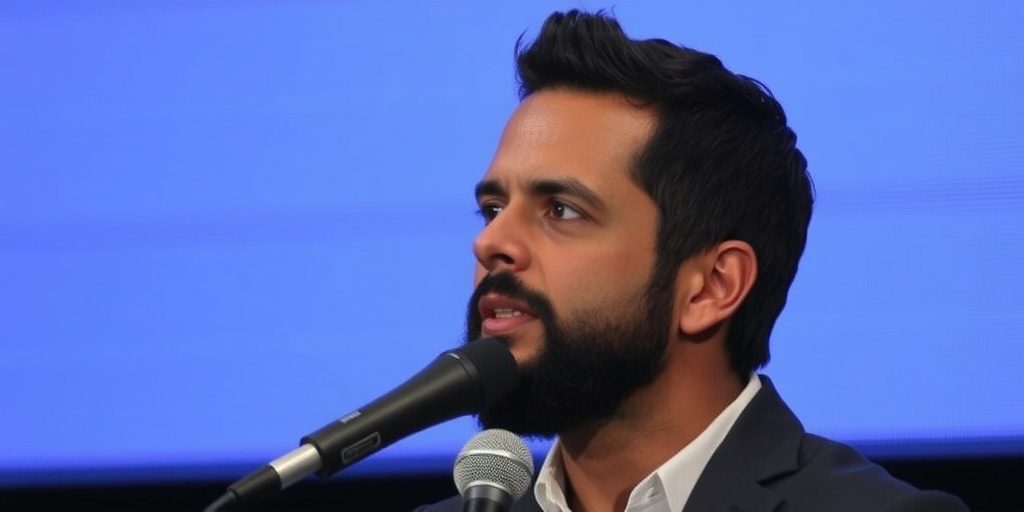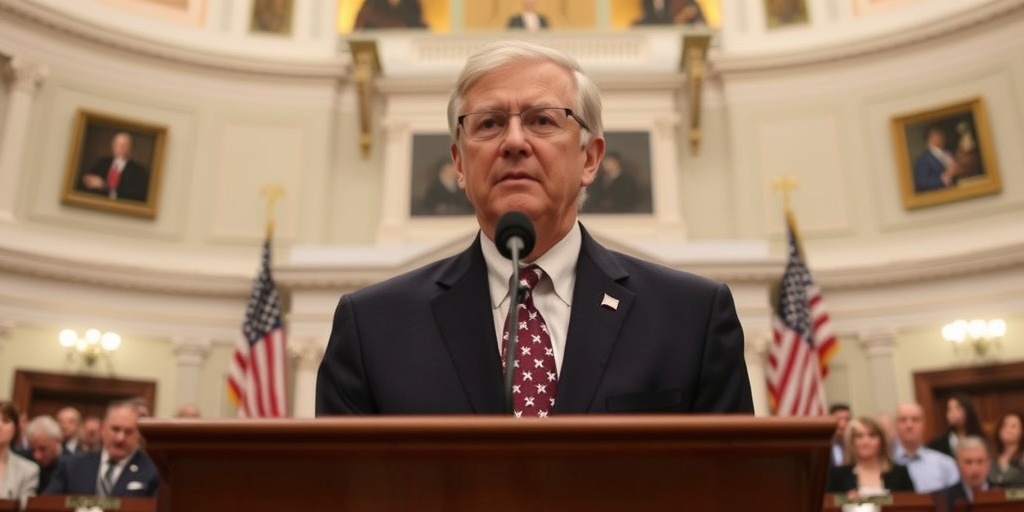Now Reading: Musk Slams Navarro as ‘Moron’ in Tariff Dispute
-
01
Musk Slams Navarro as ‘Moron’ in Tariff Dispute
Musk Slams Navarro as ‘Moron’ in Tariff Dispute

Elon Musk and Peter Navarro Engage in Public Spat Over Trade Policies
In a dramatic clash of personalities and viewpoints, Elon Musk has publicly criticized Peter Navarro, who served as President Trump’s top trade adviser, referring to him as "dumber than a sack of bricks." This confrontation escalates tensions that have already been heightened by the implementation of wide-ranging tariffs which have significantly impacted the global economy.
The feud ignited when Navarro, during an interview, belittled Musk’s role as a car manufacturer. He asserted that Musk was not a legitimate manufacturer but merely a “car assembler” because Tesla, the electric vehicle enterprise Musk leads, sources its parts from various international suppliers. This remark did not sit well with Musk, who quickly retaliated by defending his company’s work and calling Navarro a "moron." In a particularly scathing comment, Musk suggested that Navarro should consult “the fake expert he invented, Ron Vara,” a fictional character Navarro created for many of his economic texts, that has since become a focal point for criticism of his expertise.
The stakes in this exchange are significant, as Musk’s net worth has reportedly decreased by about $31 billion since Trump made the tariff announcement, according to the Bloomberg Billionaires Index. Such financial losses have caused ripples through the markets, and the tensions between Musk and Navarro reflect deeper undercurrents of frustration within the business community as the tariffs have led to mounting losses across the board.
As the feud between Musk and Navarro unfolded, it became a topic of discussion even among staff at the White House. According to sources who have requested anonymity, Musk’s latest tirades have elicited laughter rather than worry among officials. It highlights a lighter side of a serious dispute—one that has the potential to have serious political and economic ramifications.
Despite the public nature of their disagreements, President Trump has yet to comment on this rift between two of his high-profile aides, both of whom he has held in high regard. Navarro was a significant figure in the administration’s trade discussions during Trump’s first term and has remained loyal even after his conviction for contempt of Congress. He was sentenced to four months in jail after refusing to testify in the investigation into the January 6 attack on the Capitol, which has added a layer of complexity to his position within the Trump circle.
This discord is somewhat out of character for Musk, who typically aligns himself closely with Trump and his administration. Musk’s recent social media commentary suggests he is willing to break this mold, emphasizing a strong opposition to Trump’s tariffs. Musk has been advocating for a policy of “zero tariffs” between the United States and Europe, a stance that outright rejects the approach taken by Trump and his advisors in the past.
On Monday, Navarro addressed the ongoing tensions during an appearance on CNBC. He claimed that he hadn’t spoken directly to Musk about the tariffs but minimized any disputes by stating that Musk was merely defending his business interests, a common practice for any executive. "Everything is good with Elon," Navarro asserted, striving to downplay the harsh exchanges that have captured media attention.
In contrast to Navarro’s calm demeanor, Musk frequently uses his X account—a platform he acquired and rebranded from Twitter—to unleash a flurry of insults against his critics, often inciting his 219 million followers to join in on the verbal assaults. This characteristic behavior has drawn scrutiny, particularly as Musk has often evaded accountability for his controversial posts. Since taking control of Twitter, he has been vocally critical of judges attempting to enforce legal accountability related to his businesses.
The public spat between Musk and Navarro showcases not only their individual personalities but also a broader debate about trade policies and their implications for American industries. As the situation develops, it will be crucial to see how this rift influences the dynamics within Trump’s inner circle and how it shapes public perception of their respective positions on economic matters.
The ongoing dialogue will likely continue to evolve as both figures remain influential in their spheres—Musk in the tech and automotive industries and Navarro within the realm of trade policy. Their evolving relationship will be closely watched, especially as the ramifications of their dispute extend into the larger landscape of American economic policy.
Stay Informed With the Latest & Most Important News
Previous Post
Next Post
-
 01New technology breakthrough has everyone talking right now
01New technology breakthrough has everyone talking right now -
 02Unbelievable life hack everyone needs to try today
02Unbelievable life hack everyone needs to try today -
 03Fascinating discovery found buried deep beneath the ocean
03Fascinating discovery found buried deep beneath the ocean -
 04Man invents genius device that solves everyday problems
04Man invents genius device that solves everyday problems -
 05Shocking discovery that changes what we know forever
05Shocking discovery that changes what we know forever -
 06Internet goes wild over celebrity’s unexpected fashion choice
06Internet goes wild over celebrity’s unexpected fashion choice -
 07Rare animal sighting stuns scientists and wildlife lovers
07Rare animal sighting stuns scientists and wildlife lovers





















